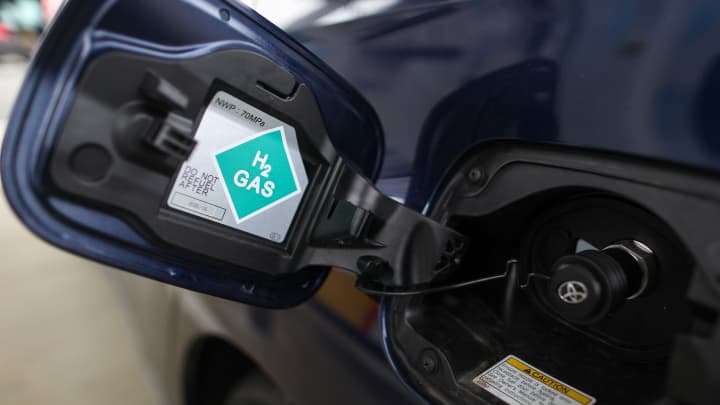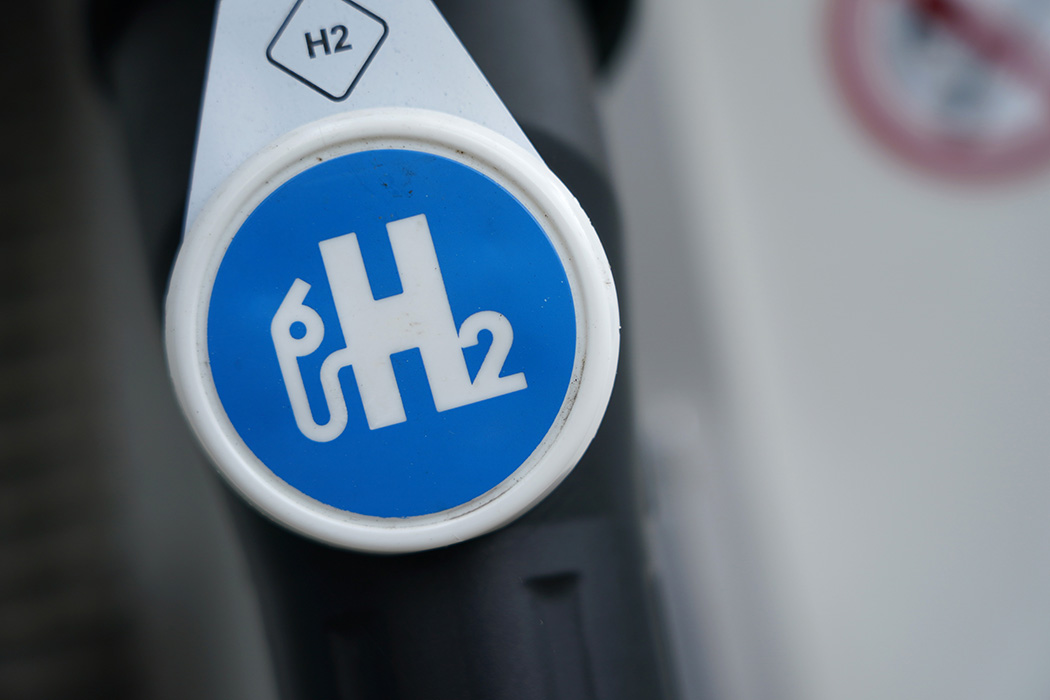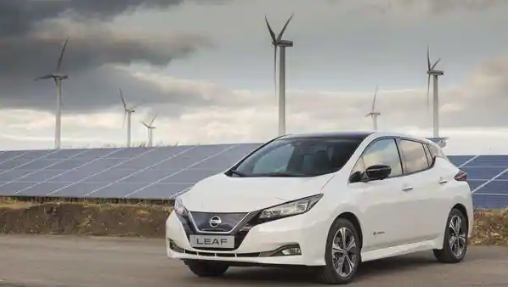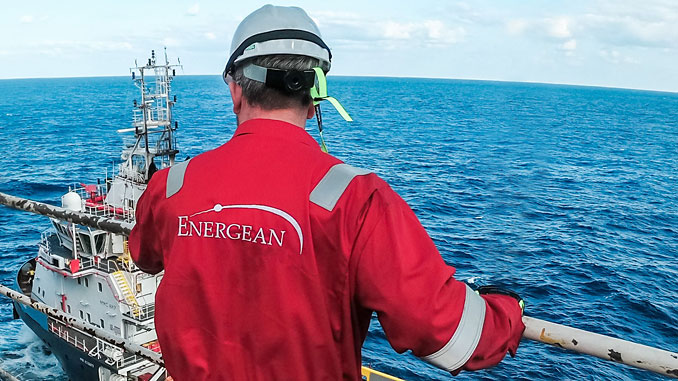

fetching latest news
News tagged in:

TEMPO.CO, Jakarta - State-energy firm Pertamina is set to take an important role to reduce carbon emissions in the energy sector as the company pledges to reduce emissions up to 81.4 million tons by the year 2060. Pertamina director of strategy, portfolio, and business development Iman Rachman in a webinar on the topic of energy on Tuesday said the company has contributed to 27.08 percent carbon emissions reduction up to 2020. He added that the company’s long term plan is to reduce another 29 percent by the year 2030. “Pertamina, acting as the national energy firm and one of the largest SOEs takes an important role in leading the energy transition and reduction of emissions in the energy sector to ensure sustainability,” said Rachman on December 7.

Many people point the finger at the energy and utilities industry with regard to carbon emissions, but in comparison to other industries, the utilities sector is actually leading when it comes to adopting sustainable practices. According to a recent survey by SAP and Oxford Economics, energy and utilities executives are more likely than those in other industries to have made sustainability-related changes to their operations. On top of that, almost half of the energy and utilities respondents (47%) have committed to a net zero carbon goal, which is more than any other industry in the survey of more than 1,000 respondents worldwide.

"Low-carbon hydrogen isn't ""cost competitive with other energy supplies in most applications and locations"" and the situation is unlikely to change unless there's ""significant support to bridge the price gap,"" according to the World Energy Council. Published Tuesday, the analysis – which was put together in collaboration with PwC and the U.S. Electric Power Research Institute."

As world leaders pledge a sharper pivot toward a carbon-free future, an old answer is resurfacing to a many-trillion-dollar question: Where will we get energy when the sun doesn’t shine and the wind doesn’t blow? Set aside thoughts of giant batteries, nuclear fission, natural gas, and pumped hydropower for the moment. The future of global energy markets might be in creating carbon-free hydrogen.

China's goal to become carbon neutral in 2060 will require $6.4 trillion of investment in new power generating capacity, leading to a tectonic shift in manufacturing and commodity imports while boosting its energy security, consultancy Wood Mackenzie said on Thursday. China has been grappling with rising oil and gas import dependency while facing increasing geo-political tensions that threaten its energy security.

If approved, the 37,000-panel extension would result in 20% of the plant's energy coming from all onsite renewables. Nissan has announced plans for expansion to renewable energy generation at its plant in Sunderland, UK. The company claims that the existing wind turbines and solar farm, the proposed 20MW solar farm extension represents a step in Nissan's path to carbon neutrality.

Energean Plc submitted a proposal to the Greek government to build a carbon dioxide storage facility and a hydrogen plant in northern Greece close to its old Prinos oil field. Capital expenditure for the project is close to $500 million. Greece produces around 60 million metric tons of carbon dioxide per year, so the project would help the country reduce its emissions by around 2.5 million tons(4%).

Occidental announced the delivery of two million barrels of carbon-neutral oil to Reliance Industries in India. This transaction, which was arranged in conjunction with Macquarie Group’s Commodities and Global Markets group (Macquarie), is energy industry’s first major petroleum shipment for which greenhouse gas (GHG) emissions associated with entire crude lifecycle, well head through combustion of end products, have been offset.

China National Offshore Oil Corp, or CNOOC, will buy two cargoes of LNG with offset carbon emissions from Royal Dutch Shell, thus marking China's first gas imports of this kind. The companies will use carbon credits won in projects in China's northwest Xinjiang and Qinghai region to offset the carbon emissions involved in producing and consuming the two gas cargoes. The two cargoes will be auctioned at the Shanghai exchange.

Equinor’s shareholders, dominated by the Norwegian government, rejected all climate resolutions proposed at their annual general meeting on Thursday. One of the resolutions was proposed by “Follow This”, a group that represents about 5,400 green-minded shareholders in oil and gas companies, called for adjusting Equinor’s climate targets in line with the 2005 Paris Agreement on global carbon dioxide (CO2) emission reductions. Their efforts rendered futile.

Following its rivals in the energy business, French energy major Total today revealed plans of cutting down carbon emissions, setting the aim of achieving net-zero emissions by 2050 or sooner. A statement from Chairman and CEO, Total read, “Energy markets are changing, driven by climate change, technology and societal expectations. Total is committed to helping solve the dual challenge of providing more energy with fewer emissions,”.

Chief Executive of Italian oil major, Eni said yesterday that the company will announce the binding commitments to achieve carbon neutral state, by the end of 2018. Eni’s announcement to achieve carbon neutrality will be the first by an oil major. Some of the other big players have specified goals to reduce or at least keep carbon emissions flat, in the light of increasing pressure from investors and shareholders.